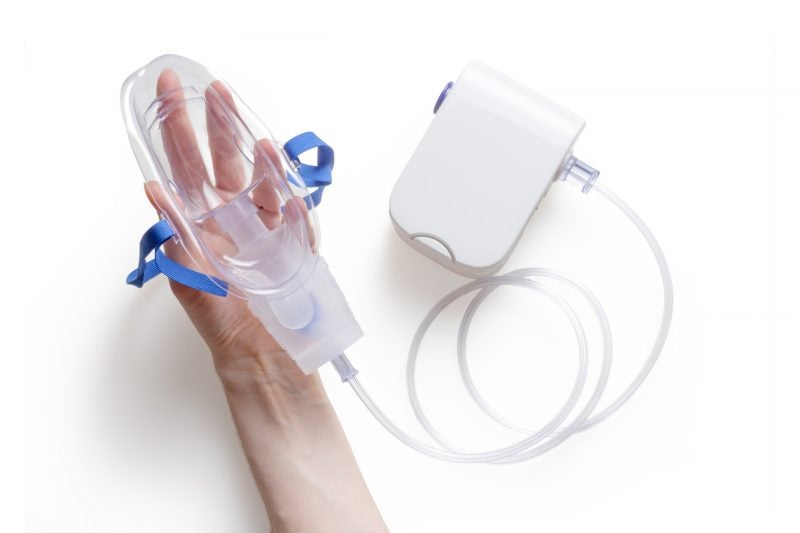
Chinese company CanSino Biologics is set to commence clinical trials of a Covid-19 vaccine that can be administered through inhalation.
CNBC reported that, in collaboration with the Beijing Institute of Biotechnology (BIB), CanSinoBIO is developing the inhalation vaccine.
The news channel quoted CanSino Biologics co-founder and chief executive Xuefeng Yu as saying that an inhaled vaccine could be more effective compared to injected ones as SARS-COV-2 enters the human body through the airways.
Yu added that, theoretically, an inhaled vaccine can activate antibodies or T cells in the airways and offer extra protection. In the event of protection layer failure and the entry of the virus deep into the body, other parts of the immune system could still work against the virus.
The inhaled vaccine is based on the same technology used by the company while researching an inhaled tuberculosis vaccine and its injectable Covid-19 vaccine.
How well do you really know your competitors?
Access the most comprehensive Company Profiles on the market, powered by GlobalData. Save hours of research. Gain competitive edge.

Thank you!
Your download email will arrive shortly
Not ready to buy yet? Download a free sample
We are confident about the unique quality of our Company Profiles. However, we want you to make the most beneficial decision for your business, so we offer a free sample that you can download by submitting the below form
By GlobalDataThe company’s injectable Adenovirus Type 5 Vector vaccine (Ad5-nCoV) is already approved for use in China and many other countries.
According to interim data from Phase III clinical trials outside the country, the vaccine demonstrated 68.83% effectiveness in preventing symptomatic Covid-19 two weeks after one injection with the rate falling to 65.28% after four weeks, reported Reuters.
Chinese regulators had granted permission to conduct the first trial of a nasal spray vaccine developed by scientists at Hong Kong University (HKU), Xiamen University (XMUM), and Beijing Wantai Biological Pharmacy Enterprise last September.
In January, Indian drug regulator CDSCO’s subject expert committee recommended granting permission for conducting Phase I clinical trial of Bharat Biotech’s intranasal Covid-19 vaccine (BBV154).
In March, Hong Kong University concluded the Phase I/II trial of the vaccine in China and is currently enrolling participants for a second Phase I trial in Hong Kong, China.
During the same period, the University of Oxford announced the launch of a study analysing the delivery of the ChAdOx1 nCoV-19 coronavirus vaccine using a nasal spray. It is based on the Covid-19 vaccine developed in collaboration with AstraZeneca.
Recently, the efficacy rates of Chinese Covid-19 vaccines were found to be lesser than vaccines of Pfizer-BioNTech and Moderna.
The Chinese Center for Disease Control director had noted that the Chinese vaccines do not have great protection rates and they intend to administer people with different shots to increase the efficacy of the vaccines.
Separately, Chinese researchers are conducting a trial by mixing Covid-19 vaccines developed by CanSinoBIO and a unit of Chongqing Zhifei Biological Products, the news agency reported. This trial, which is progressing in the eastern city of Nanjing, will enrol 120 subjects.




